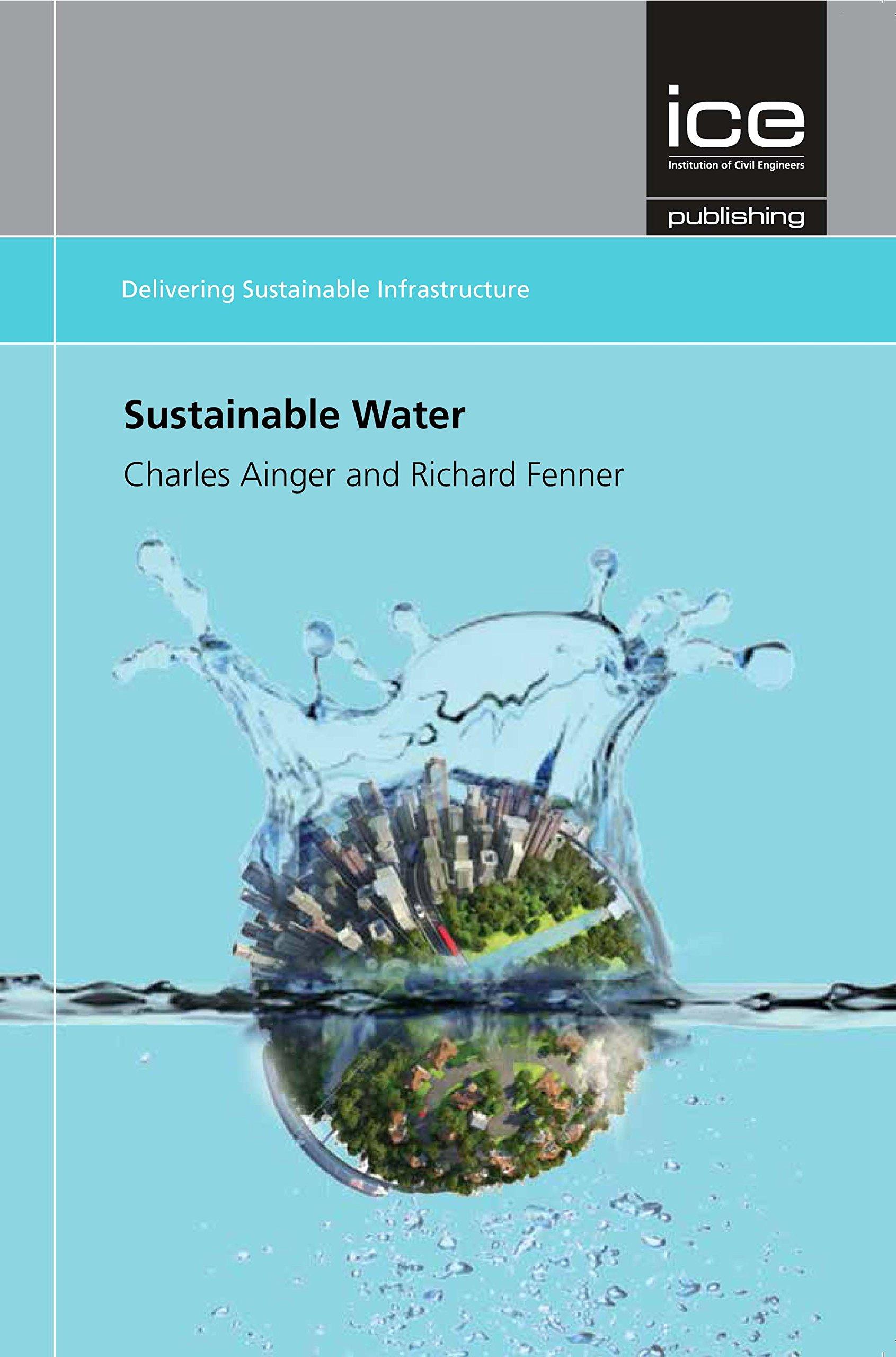
Submitted by Miss Sian Owen on Fri, 18/03/2016 - 11:19
See the ICE Civil Engineering blog about Charles and Dick's new book on Sustainable Water:
https://www.ice.org.uk/news/knowledge/march-2016/water-swans-and-sustainability
"Bold change efforts are required to meet sustainable practice in the water sector, write Charles Ainger and Dick Fenner – editors of new ICE Publishing book, Sustainable Water.
The water sector in the UK (and in many other developed countries) is a bit like a swan swimming on a fast moving stream. On the surface, it is capable and looks serene, so we take its presence and capability for granted. But underneath, out of sight, it is paddling away like mad, just to stay in the same place.
Keeping up requires serving more customers, with better service, and doing more to keep increasing sets of expensive assets maintained and efficient. Coping with the future – which is already with us – adds huge challenges: climate change driving increased asset and domestic sewage flooding, and less raw water to abstract, and how to reduce energy use and carbon emissions; and how to increase resource recovery, and remove new and difficult chemicals.
And, we must meet all these under the steady pressure of limited affordability. As economies have slowed and inequality increased, many customers can no longer afford to pay for us to just build our way out of trouble. So water organisations' journey to sustainability – continuing to deliver an effective and reliable water and wastewater service despite all these disruptive challenges – is hard, but vital. It requires continuous and dramatic innovation."
Text from:
https://www.ice.org.uk/news/knowledge/march-2016/water-swans-and-sustainability
